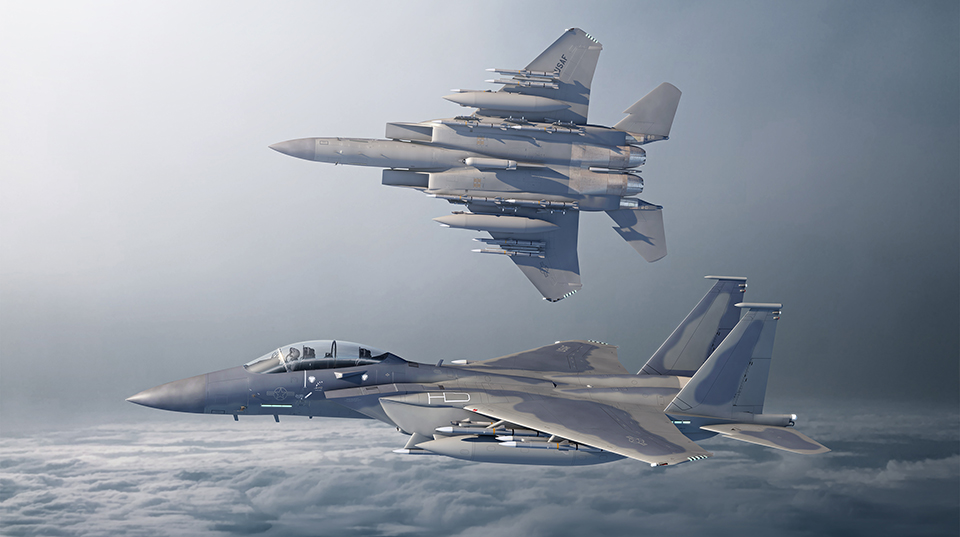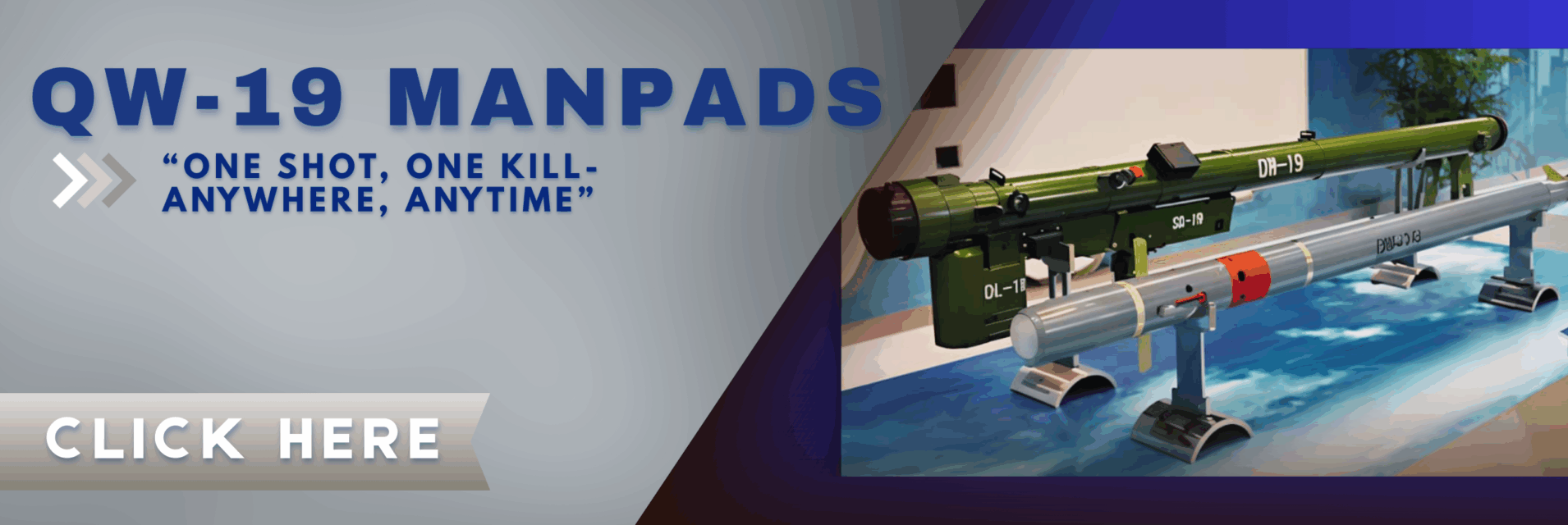Meteor Missile Showdown: Egypt’s Ambitious Fighter Jet Deal Faces Israeli Roadblock
Although Cairo's pursuit of the Eurofighter Typhoon seems unlikely to face considerable political resistance—particularly after Germany recently greenlit similar sales to Saudi Arabia—it remains improbable that Egypt will secure a comprehensive weapons package with this deal.
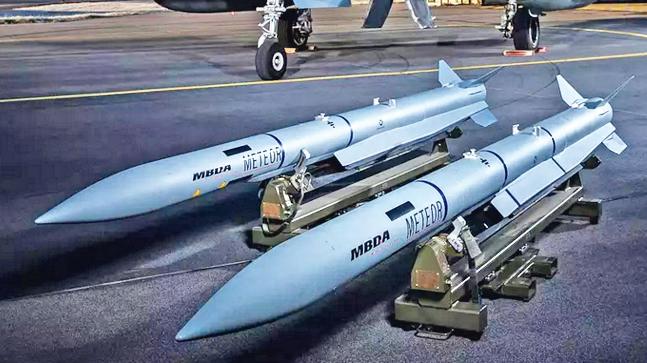
(DEFENCE SECURITY ASIA) – Egypt and Italy have engaged in intensive discussions over recent years, negotiating the potential acquisition by Cairo of advanced defence platforms, including up to 24 Eurofighter Typhoon multirole combat aircraft, with an estimated contract value of around US$3 billion (RM13.2 billion).
The Eurofighter Typhoon, an advanced fourth-generation-plus fighter jet, is the product of an international consortium comprising leading aerospace and defence manufacturers from the United Kingdom, Germany, Italy, and Spain, renowned for its superior air dominance and multirole combat capabilities.
Concurrently, Egypt appears poised to achieve a significant breakthrough with Washington, obtaining approval for the long-sought-after Boeing F-15 fighter jets, a combat-proven platform prized for its air superiority and strike versatility.
Should Egypt finalize the acquisitions of both the Eurofighter Typhoon and the F-15, these aircraft would significantly bolster the Egyptian Air Force’s capabilities, augmenting its existing formidable fleet, which already includes 54 advanced Rafale multirole fighters from France’s Dassault Aviation, alongside various other combat aircraft.
Although Cairo’s pursuit of the Eurofighter Typhoon seems unlikely to face considerable political resistance—particularly after Germany recently greenlit similar sales to Saudi Arabia—it remains improbable that Egypt will secure a comprehensive weapons package with this deal.
As experienced previously with its Rafale acquisitions from France, Egypt is likely to face restrictions on acquiring strategically critical armaments such as the Meteor Beyond Visual Range (BVR) air-to-air missile, due to persistent concerns over preserving Israel’s Qualitative Military Edge (QME).
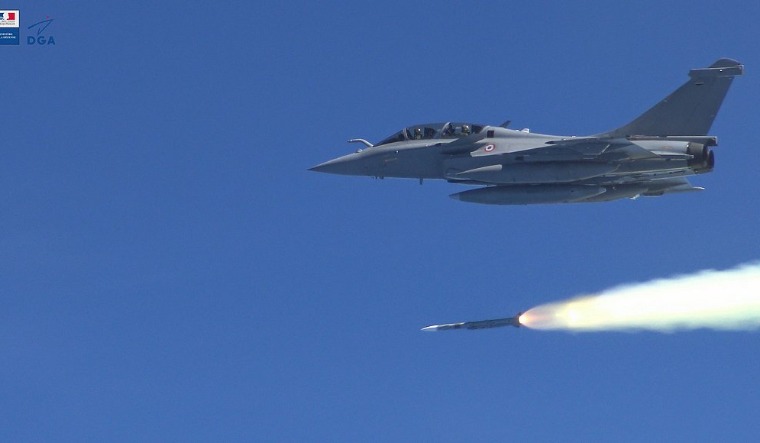
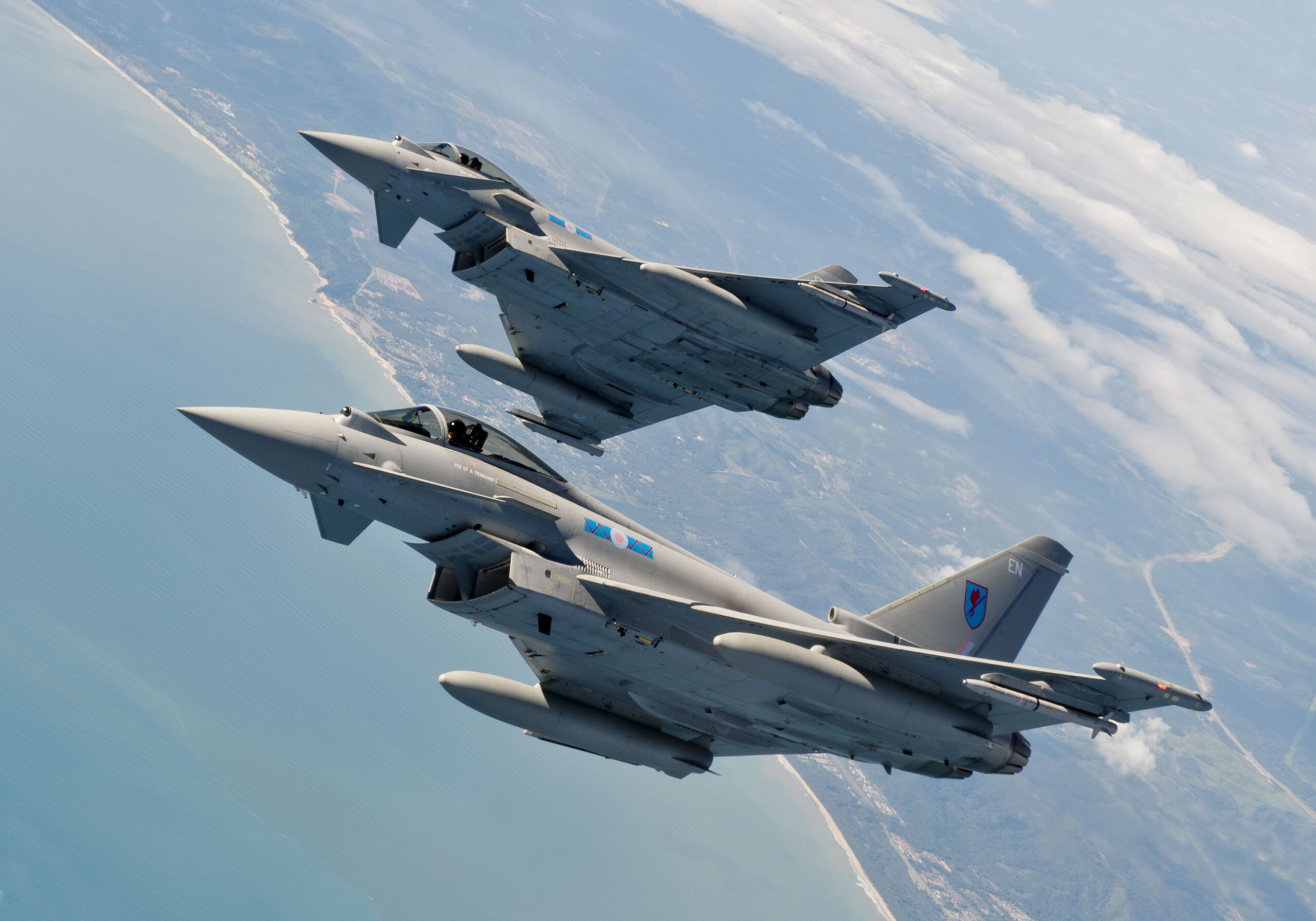
Israel, while not directly opposing Egypt’s acquisition of Eurofighter Typhoons, has clearly indicated its intent to strongly resist any efforts to equip the Egyptian Air Force with the Meteor BVR missile, widely acknowledged as one of the most capable air-to-air missiles globally, due to fears it could erode Tel Aviv’s air combat superiority.
This scenario mirrors the earlier Rafale deal with France, in which Israel vehemently opposed Egypt’s request for Meteor missiles, developed by the renowned European missile manufacturer MBDA, ultimately preventing their integration onto Egypt’s Rafale fleet.
To date, Egypt’s Rafale fighters remain without Meteor BVR missiles, reflecting Israel’s strategic priority to maintain its regional aerial dominance, underscoring Cairo’s ongoing diplomatic struggle against a powerful Israeli defence lobby.
Egypt continues to pressure France diplomatically to permit the integration of the Meteor missile system into both its current Rafale fighters and prospective Eurofighter acquisitions; however, these efforts have consistently stalled, highlighting the enduring effectiveness of Israeli influence in defence matters.
Israel’s primary strategic concern centres around potential vulnerability of its frontline combat aircraft—F-16s, F-15s, and especially its advanced stealth-capable F-35s—should they face Egyptian fighters equipped with the Meteor missile in any hypothetical conflict scenario.

In 2022, General Frank McKenzie, commander of U.S. Central Command (CENTCOM), officially indicated Washington’s intention to supply Egypt with advanced F-15 fighter jets, marking a significant potential shift in U.S. military aid dynamics in the Middle East.
Reports from the same year suggested Israeli support for the proposed F-15 sale, yet geopolitical developments, notably intensified by the ongoing Israel-Palestine conflict, have considerably altered the strategic calculus, leading to uncertainty around the finalization of this deal.
Given the current heightened tensions due to the Gaza conflict, Tel Aviv’s longstanding concerns about maintaining its qualitative military edge might ultimately derail Egypt’s anticipated acquisition of F-15 fighters from the U.S.
Despite clear signals from Washington about ending Egypt’s 40-year wait for F-15 fighters, defence analysts predict a repetition of historical restrictions, notably the denial of critical air-to-air armaments such as the AIM-120 AMRAAM missile system.
